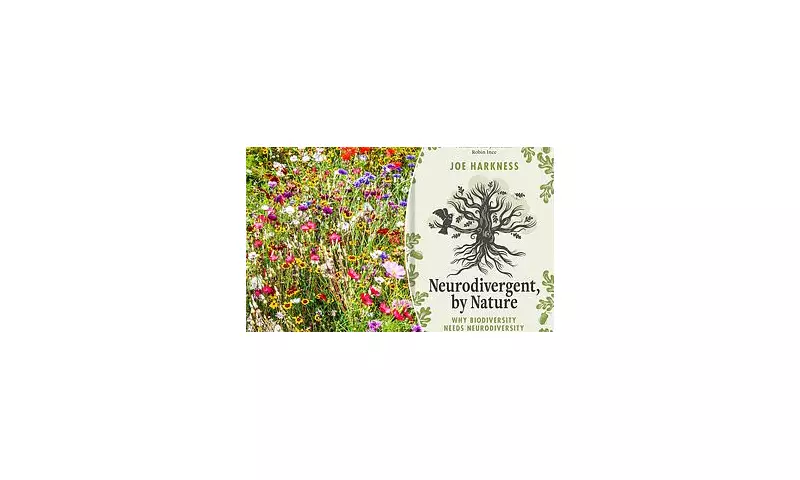
For many neurodivergent individuals, the natural world offers a rare sense of peace and belonging. In his deeply personal book, Neurodivergent Nature, Joe Harkness explores how the outdoors became his refuge—and how it can transform lives.
The Healing Power of Nature
Harkness, who was diagnosed with autism and ADHD later in life, found solace in birdwatching and the quiet rhythms of nature. His memoir reveals how immersing himself in the wild helped him navigate sensory overload and emotional turbulence.
Why Nature Works for Neurodivergent Minds
Unlike the chaotic stimuli of urban environments, nature provides predictable patterns—birdsong, rustling leaves, flowing water—that many neurodivergent people find soothing. Harkness argues that green spaces should be recognised as essential therapy.
A Call for Greater Accessibility
The book also highlights the barriers neurodivergent people face in accessing nature, from overwhelming crowds to lack of quiet spaces. Harkness advocates for more inclusive outdoor initiatives.
Key takeaways from Neurodivergent Nature:
- Nature reduces anxiety and sensory overload
- Wildlife observation builds focus and connection
- Society must make outdoor spaces more neurodivergent-friendly
This moving account proves that the natural world isn't just a backdrop—it's a lifeline for many neurodivergent individuals seeking calm in an overwhelming world.





